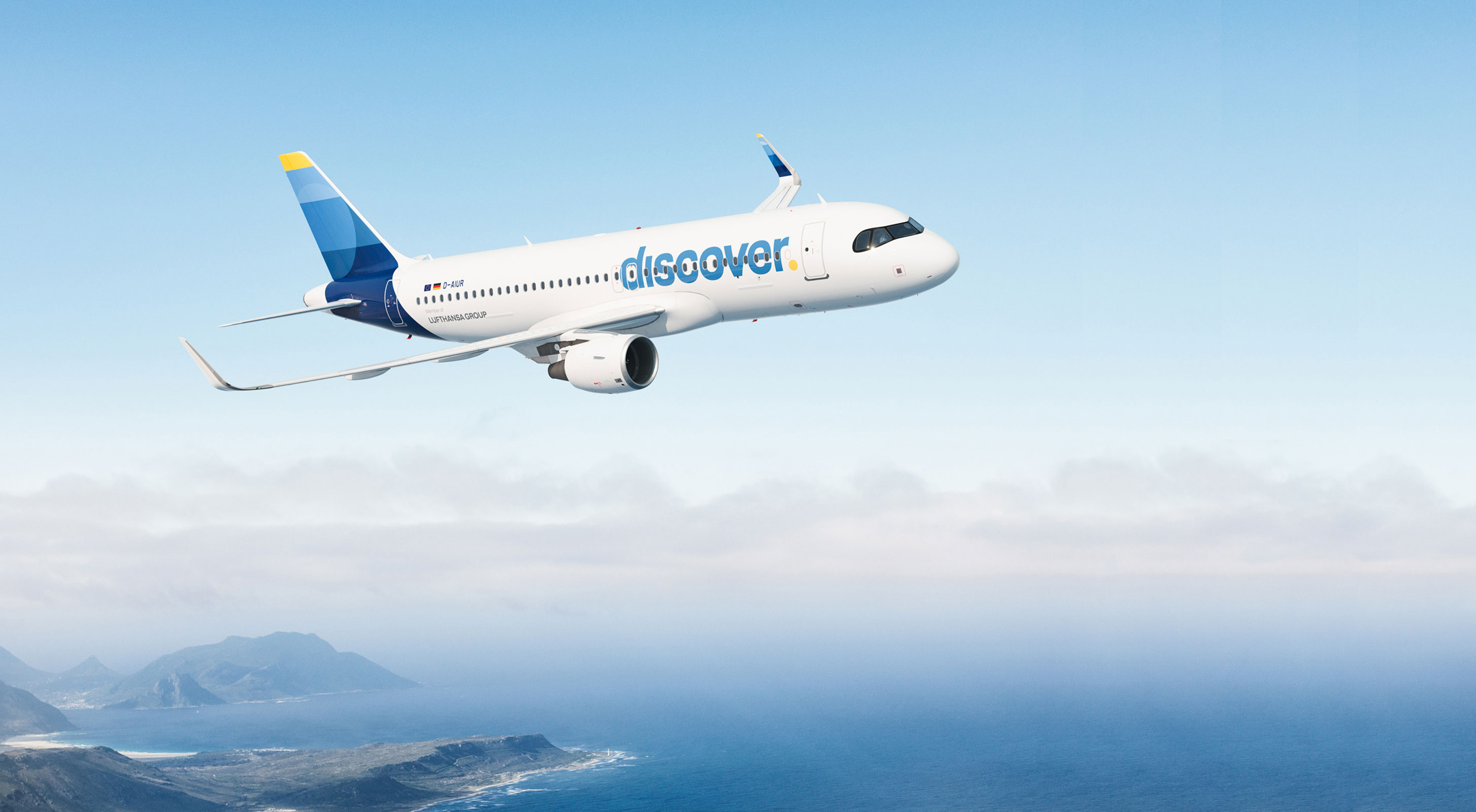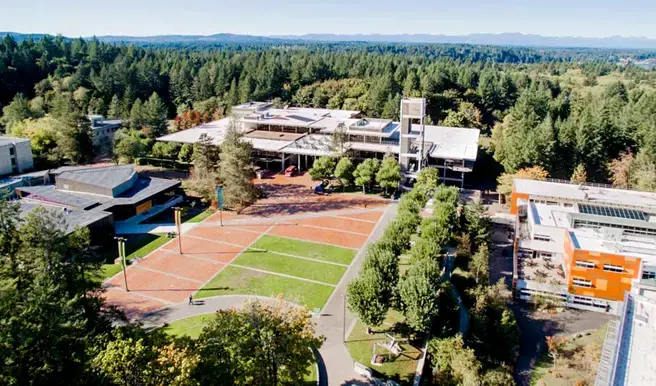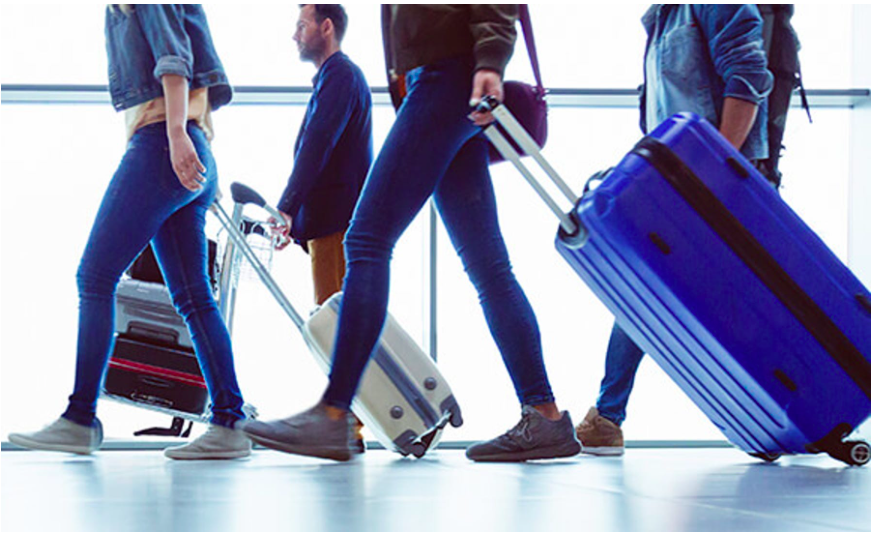The Best Airlines in the World

Airlines are companies that operate Funniest-place.com/ commercial air transportation services. They offer scheduled and charter flights to passengers and cargo. Airlines play an important role in the global economy, connecting people and businesses around the world.
There are two main types of airlines: full-service carriers and low-cost carriers. Full-service carriers offer a variety of amenities, such as free checked baggage, meals, and in-flight entertainment. Low-cost carriers offer lower fares, but they typically charge extra for checked baggage, meals, and other amenities.
Airlines can also be classified by their size. Major airlines are large airlines that operate a global network of flights. Regional airlines are smaller airlines that operate flights within a specific region. Boutique airlines are small, niche airlines that offer specialized services.
Some of the largest airlines in the world include:
- American Airlines
- Delta Air Lines
- United Airlines
- Southwest Airlines
- Lufthansa
- Air France
- British Airways
- Emirates
- Qatar Airways
- Singapore Airlines
- ANA All Nippon Airways
Airlines play an important role in the global economy. They provide jobs and support businesses. Airlines also help to connect people and businesses around the world.
Future of airlines
The airline industry is constantly evolving. Airlines are facing new challenges, such as rising fuel costs, environmental concerns, and competition from low-cost carriers.
To remain competitive, airlines are investing in new technologies, such as fuel-efficient aircraft and self-service kiosks. Airlines are also offering new services, such as premium economy seating and in-flight Wi-Fi.
The future of airlines is uncertain, but the industry is likely to continue to play an important role in the global economy.
Here are some of the trends that are shaping the future of airlines:
- The growth of low-cost carriers: Low-cost carriers are offering lower fares and more convenient flights, which is making them increasingly popular with travelers.
- The rise of artificial intelligence: Airlines are using artificial intelligence to improve their operations and customer service. For example, AI is being used to predict flight delays and recommend personalized travel options to passengers.
- The development of sustainable aviation fuels: Airlines are developing sustainable aviation fuels that can reduce their environmental impact.
- The growth of personalized travel: Airlines are offering more personalized travel options, such as the ability to select seats and meals in advance.
Overall, the airline industry is constantly evolving and adapting to new trends. Airlines are facing new challenges, but they are also investing in new technologies and services to remain competitive.






